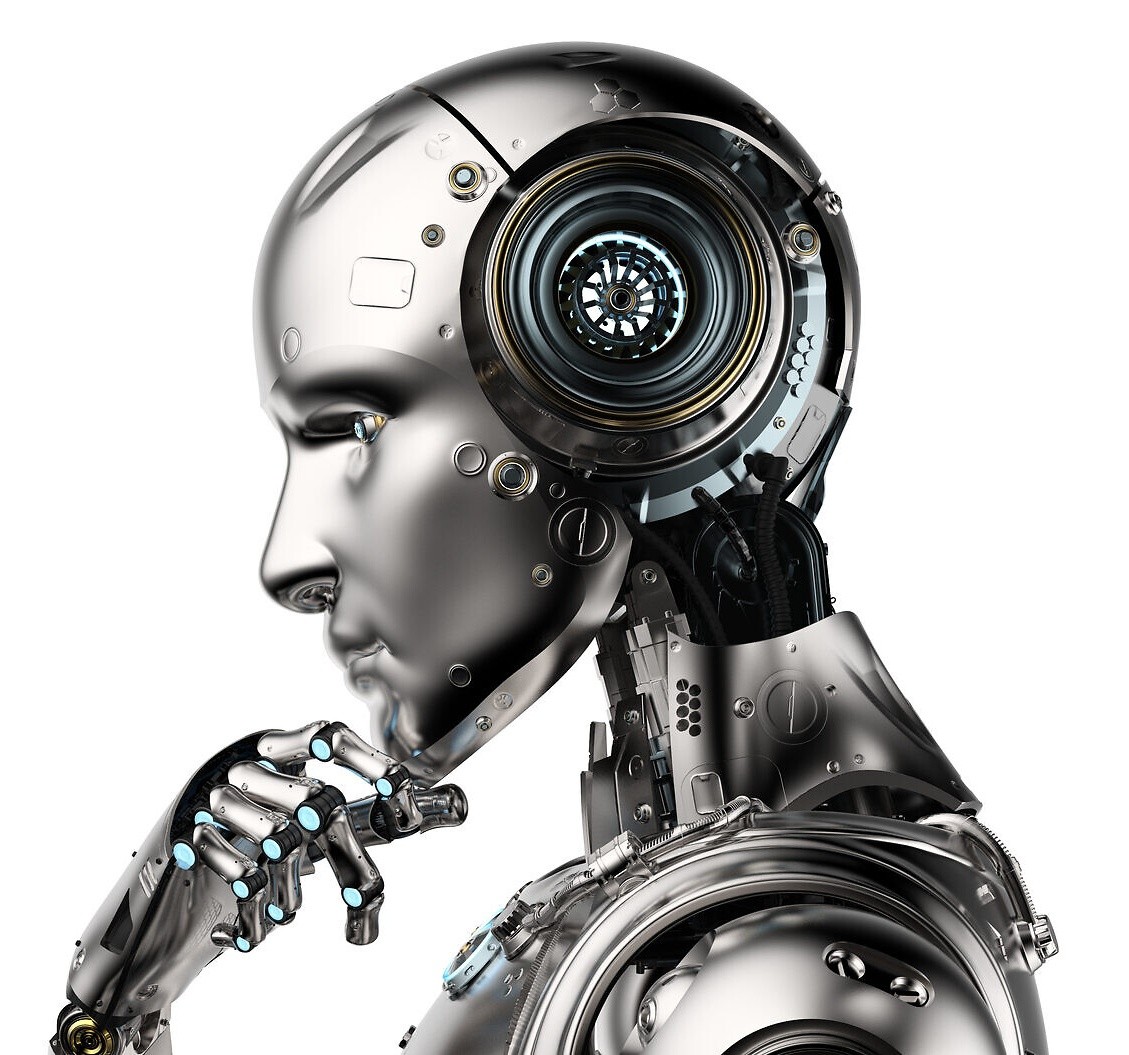
Sam Altman, the CEO of the organization behind the widely known chatbot, ChatGPT, utilized a high-visibility visit to South Korea to underscore the need for harmonized international oversight of generative artificial intelligence – the tech backbone of his renowned chatbot. The global nature of AI’s impact means that it demands international collaboration, Altman expressed at an event in Seoul, ahead of a discussion with the South Korean President, Yoon Suk Yeol.
Amongst hundreds of leading experts, Altman has recently voiced the potential existential risk posed by uncontrolled AI. He emphasized that mitigating this prospect should stand as a global priority, parallel to other society-scale threats such as pandemics and nuclear warfare. His concern is not our inability to adapt, but the rapid pace at which the AI revolution might occur.
Drawing upon the annals of technological revolutions, it’s seen that approximately two generations can adapt to almost any magnitude of labor market change. However, if this AI-induced revolution were to occur within a decade, that introduces a fresh challenge.
Governments globally are under pressure to provide regulatory frameworks for AI. In a recent statement, President Yoon emphasized the significance of international standards to avoid unwanted repercussions linked to platforms like ChatGPT. He underscored the urgency of action required to address these issues.
On a related note, top US and European officials congregated in Sweden last month to deliberate AI oversight and pledged to aid in establishing voluntary codes of conduct, according to the US Secretary of State Antony Blinken. On the other side of the globe, authorities in China are also preparing to initiate AI regulation, as per reports from last week.
ChatGPT, capable of handling a wide array of tasks including responding to prompts and composing essays, has already triggered many businesses to reconsider their operational strategies. Its developer, OpenAI, recently unveiled an advanced iteration of the software, GPT-4, demonstrating how it could streamline coding, assist in website creation, and even ace exams.
The ascension of artificial intelligence has led analysts to caution against a massive shift in the labor market. Estimates suggest that as many as 300 million full-time jobs globally could eventually be automated in some capacity by generative AI, with about 14 million positions likely to vanish in the next five years alone. Particular categories of white-collar workers, such as administrative staff and legal professionals, are expected to face significant disruption.
However, Altman provides a different perspective: “I think what will really happen is not that none of us have jobs, but we have different kinds of jobs that may not look much like the jobs of today.” He believes that future generations will look back at our current work models with disbelief, considering how different the job market will become.
Alongside other experts, Altman emphasized that the advent of AI technology would also create a wealth of opportunities in terms of new job roles and industries “that weren’t possible before”. In response to a question about how students should prepare for the AI era, Altman stated, “You are about to enter, I think like, the greatest goldenage of human possibility, technological development, economic growth.” He pointed out that the ability to learn new things quickly, adapt to them, and integrate oneself with technology are the kinds of skills that will be highly rewarded in the future.
When asked about the specific regulations he thought should be implemented, Altman offered little detail. He suggested that it currently made sense for different countries to develop their own approaches to AI regulation “in different ways”. However, he mentioned that an international dialogue is beginning to emerge about the long-term, global effects of AI platforms as they continue to automate more and more tasks.
Altman’s trip to Seoul was part of a larger international tour that included meetings with leaders in India, Israel, the United Arab Emirates, and South Korea. His discussions focused on the benefits of AI and how countries could harness this technology effectively.
In conclusion, the global impact of AI on jobs, economies, and societies underscores the need for international cooperation in regulating this powerful technology. While it poses certain challenges, it also brings immense opportunities. The key lies in proactive global collaboration to navigate this transformative era effectively.